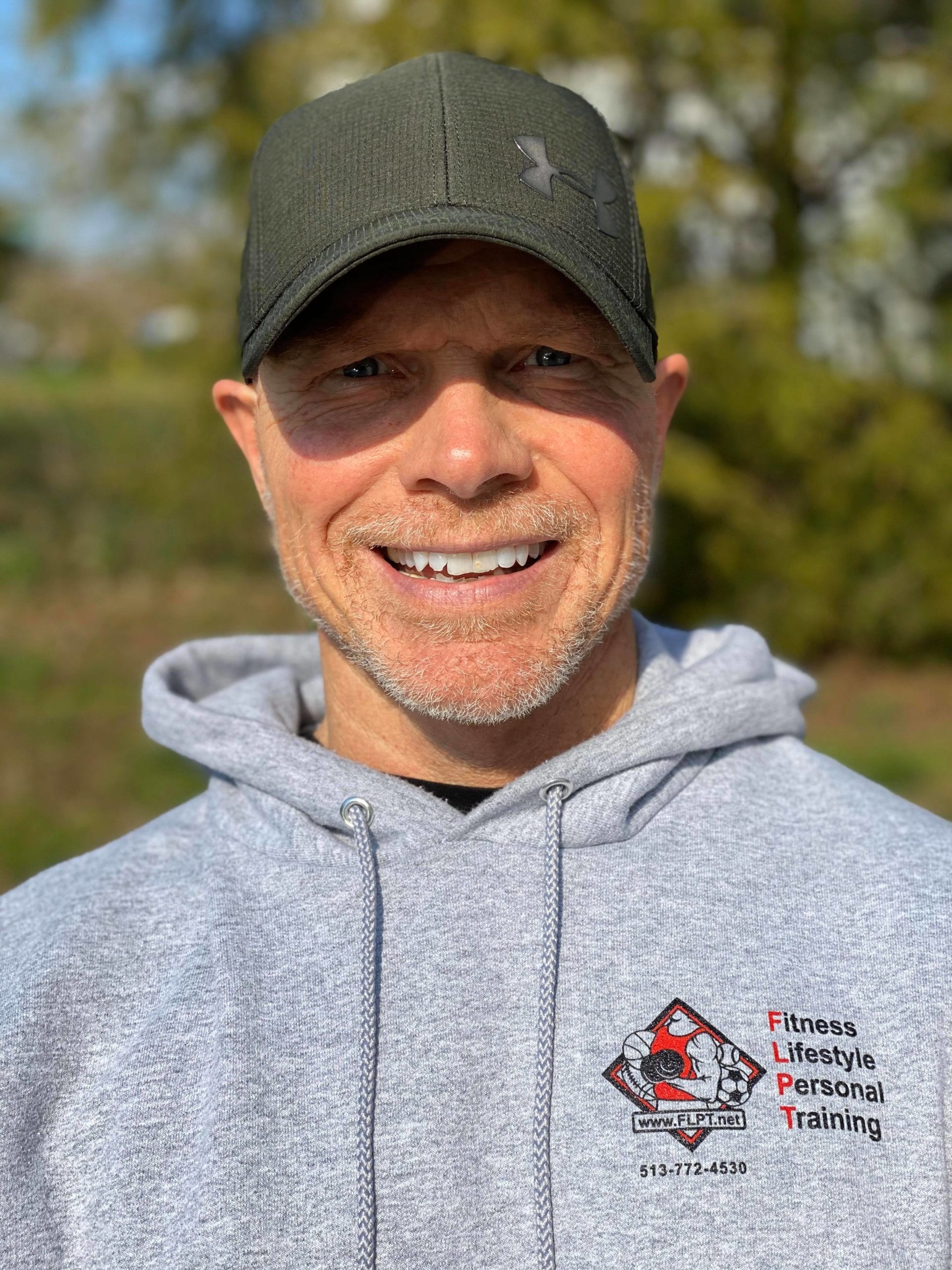Have you ever heard of the 80/20 rule? It can apply to just about everything in your life … including your health and fitness.
It’s an idea that works for a LOT of people. Not only does it get them out of the “all-or-nothing” mindset with food and health – but it’s also really simple.
It works like this:
- 80% of the time, eat nutritious whole foods: vegetables, fruits, whole grains, healthy fats, and lean proteins.
Can’t get much simpler than that.
On a practical level it can work like this (I’ve done the math for you!):
There are 21 meals a week (3 meals a day x 7 days), and 80% of 21 is 17.
This means you focus on healthy eating for 17 meals a week.
Or if you’d prefer to break it down by your overall calorie intake, you’d devote 80% to healthy choices.
At 1,500 calories a day, that’s 1,200 calories of healthier options.
At 2,000 calories a day, it equals 1,600 calories
With this approach, no food is ever off-limits.
Many people say that it helps them create healthier food habits because of the focus on healthy foods vs. deprivation.
The one key part of this plan is to make sure your 20% of “relaxed” eating is actually 20% – it can be easy for those portions to creep up in size.
TIP: Other people follow this same philosophy, except they use 90/10 as their target, eating nutritious foods 90% of the time.
It’s all about what works best for you and your goals.


), //www.fitnesslifestylellc.com/wp-content/uploads/2024/10/3076514.jpg))

), https://www.fitnesslifestylellc.com/wp-content/uploads/2024/10/3076514.jpg))













